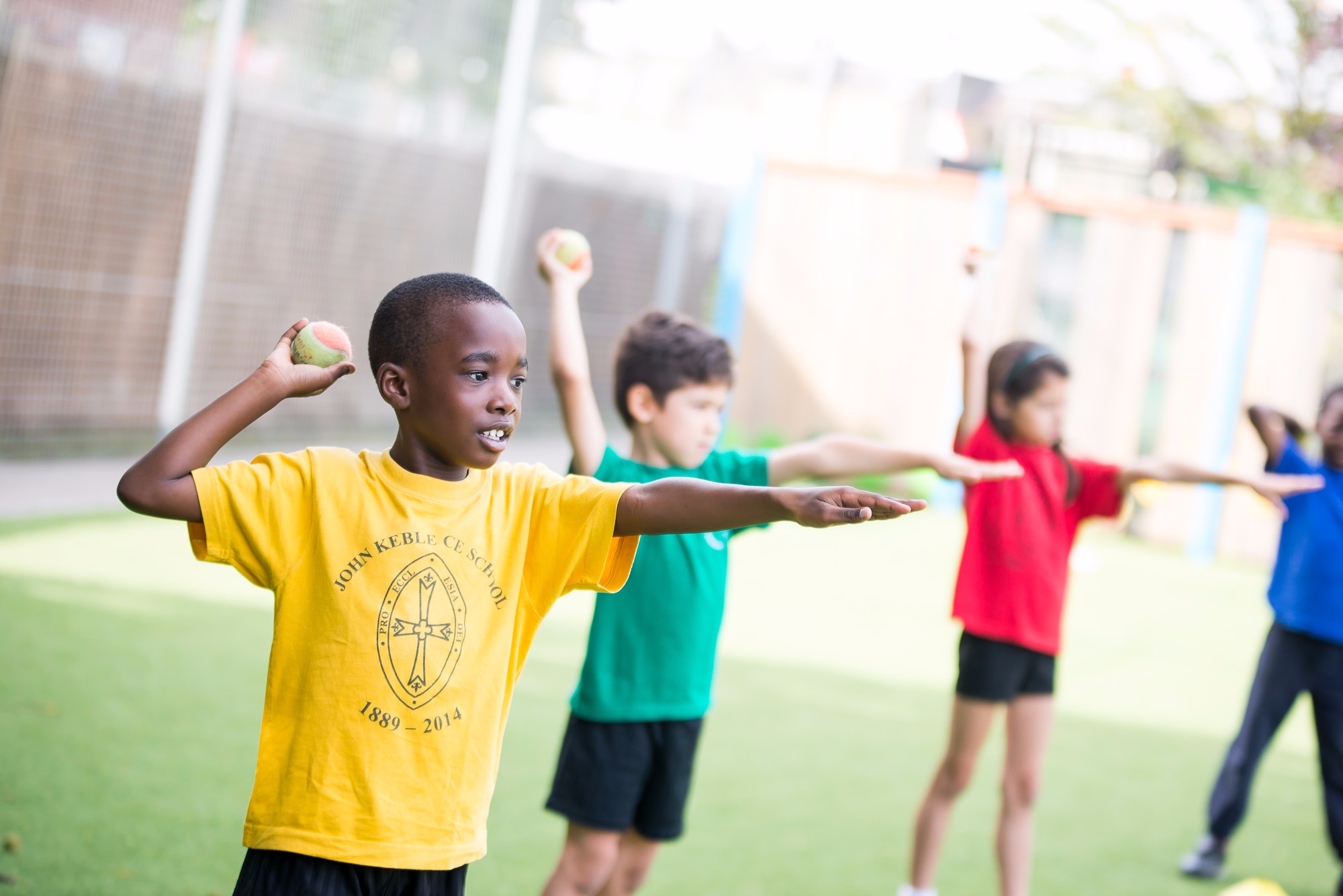Well-being and Therapeutic Provision
Our therapy team is committed to the emotional well-being and mental health of our school community. Inspired by the school’s commitment to developing healthy relationships within a restorative environment, our therapists provide a safe space for pupils to be seen and heard within the school day.
Therapists
Mimi Cooper (Dance movement psychotherapist – ADMP UK)*
Emily Brearley (Dance movement psychotherapist - BACP)*
*Member of The Tree House
The Tree House is the therapeutic provision at John Keble. It has emerged from a process of assessing the specific psycho-emotional needs of the school. The services provided are an ongoing and developing response to the needs identified, and are continually assessed in a team held effort.
There are four main components of the therapeutic provision at John Keble: Drop-ins, Creative therapy, Mentoring and Staff supervision.
Therapeutic provision:
Creative therapy is a service that provides children with the opportunity to use creative arts, play and movement to assist the integration of emotional, social, cognitive and physical aspects of self (French, L et al. 2012). Experts in the field suggest that nonverbal and expressive therapies may be most beneficial when supporting struggling children (Green et al. 2010). Attending both verbal and nonverbal communication, our therapist’s creative therapy sessions aim to: support the exploration of emotions and ideas; promote self-regulation; develop self-awareness; facilitate the safe expression of feelings; build confidence; and nurture a healthy self-image and sense of worth (Cottis, 2021).
Mentoring provides 30-minute weekly sessions led by one of the school’s teaching assistants. Positive interactions with caring and supporting figures can be rewarding and regulating; it is a key element for developing healthy emotional strategies (Perry, 2021). This service can be very beneficial for pupils to share their emotions during the school day and can enable them to better access their learning and friendships.
Peer mentoring is a programme that allows children to integrate their emotional and relational resources through modelling, reflection and leadership. Peer support is an important resource to promote wellbeing; it encourages trust and support within communities, and can help children to feel integrated and create strong bonds with others (Fonagy, 2023). In these services a mentor (teaching assistant) and a peer mentor (student) lead together a mentoring session. Peer mentors also have a 30-minute session for themselves.
Drop-ins consist in 15-minute sessions, and are requested by our students through a drop-in postbox. This is a popular service where pupils share their thoughts and feelings; typically concerning difficulties in class, friendships and other worries. While this is not therapy, our therapists are able to offer their skill set to care for pupil’s emotional needs and empower pupils to self-express and problem solve; having a trusting figure reflect their inner state, can also support children to develop emotional self awareness and a stronger sense of self (Stern, 1998). .
Staff supervision is a space for staff to process the emotional wellbeing of children they work with, as well as ensure their own self-care. This attention to staff offers an important resource to those working at John Keble. Additionally, emotionally secure care giving figures can provide children with external regulation, and over time, promote self-regulation and healthy relationships (Perry and Winfrey, 2021).
For more information regarding this provision please contact the school office.
Sources:
Finn, H. et al. (2017). ‘The Boy Who Was Hit in the Face: Somatic Regulation and Processing of Preverbal Complex Trauma’, Journal of Child & Adolescent Trauma, 11: 277 - 288. doi: 10.1007/s40653-017-0165-9
Fonagy, P. (2023), Ecorys UK, Available at: https://www.annafreud.org/schools-and-colleges/peer-support/6-evaluation-of-the-pilot-study/ (Accessed 27/04/23)
Green, E. J., Crenshaw, D. A., & Kolos, A. C. (2010). Counselling children with preverbal trauma. International Journal of Play Therapy, 19(2), 95.
Stern, D. (1998) The Interpersonal World of The Infant, London: Karnac.
Perry, B. and Winfrey, O. (2021). What Happened to You? Conversations on Trauma, Resilience and Healing, Bluebird.
Cottis, T. (2021). How it Feels to be You: Objects, Play and Child Psychotherapy, Karnac.
French, L et al. (2012). Therapeutic Practice in Schools: Working with the Child Within, Routledge.


